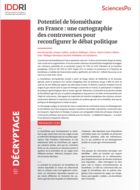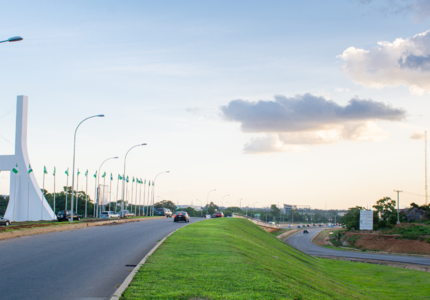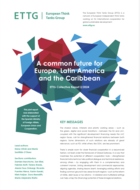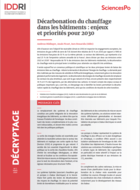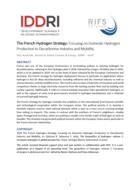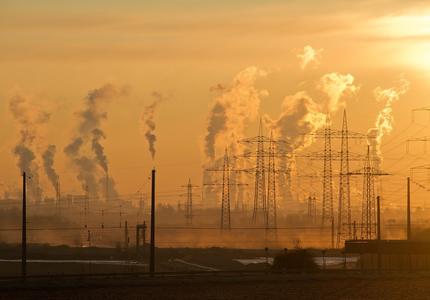- You can also download Felix Ekardt's presentation here.
The Göppel et al. case (also known as the Neubauer et al. case) in Germany, Grande-Synthe in France, Urgenda in the Netherlands, New York City versus Exxon Mobil in the United States, etc.: more than 1,500 climate litigation cases are underway around the world, with a sharp increase in recent years. The fight against climate change and its impacts is finding in legal actions a new expression, one that is receiving more and more media attention and is giving rise to hope for better implementation of climate commitments made by States and companies. What are the different types of climate litigation cases? What are their legal grounds? And under what conditions can they succeed?
Gathering French, American and German speakers who are experts in these issues, this webinar provided a critical overview of the judicialization of climate actions around the world, with a particular focus on the recent ruling, considered historic by some, of the German Constitutional Court, which deemed the country's greenhouse gas emission reduction targets insufficient regarding people's fundamental rights.
This webinar, introduced by Sébastien Treyer, Executive Director of IDDRI, and moderated by Marta Torre-Schaub, Director of Research at the CNRS, specialist in environmental law and climate change, and Associate Researcher at IDDRI, welcomed Michael Gerrard, Professor at Columbia University School of Law (USA) and Founder-Director of the Sabin Centre for Climate Change Law, and Felix Ekardt, lawyer who initiated the Göppel et al. case in Germany, Director of the research unit "Sustainability and Climate Policy" in Leipzig and Professor of Public Law and Legal Philosophy at the University of Rostock.




